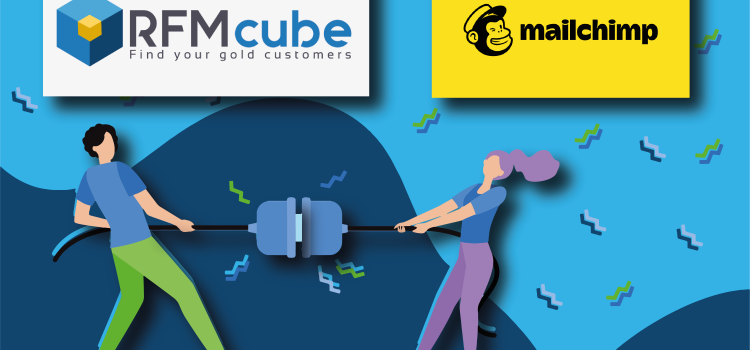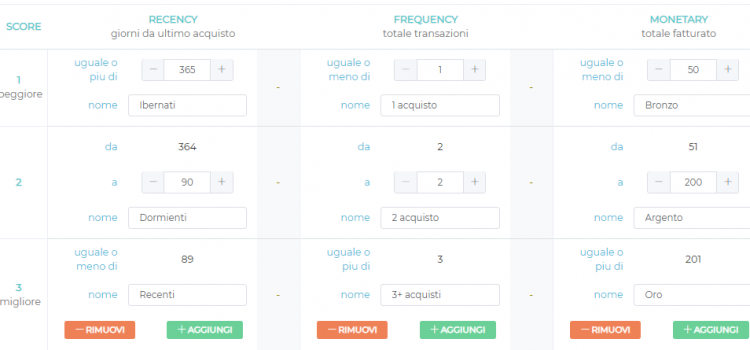There are so many metrics and data in any business evaluation that it’s really easy to lose yourself in the abundance of them. Still, there are some business metrics that are the most essential along with Customers Lifetime Value being one of them. We’ve prepared this guideline to discover the mysterious CLV, and how using it impacts your […]
Blog
Blog
Order status mapping Guide
RFMCube maps the order statuses that are used on your e-commerce. At the base, the transitory states are distinguished, which are intermediate states from which an order passes into its normal life cycle (e.g. preparation, waiting for payment, awaiting confirmation) and the final states, which no longer change, i.e. when the order is completed or […]
Case Study #Myselleria.com
in collaboration with the partner agency: Ecommerce School d.o.o. The problem Myselleria.com is an online shop specializing in sales of articles and equipment for horse riding. Their e-commerce is multilingual and it is built on 6 different domains: .it, .com, .co.uk, .de, .at, .us. With almost 30% of orders made from abroad, it is essential to create a multiple-language […]
How to connect Prestashop with Rfmcube
In this guide you will see how to synchronize Rfmcube with Prestashop. Synchronization has the dual function of downloading full order history and of keeping the platform updated with sales data in real time.
How to connect Magento 1 with Rfmcube
In this guide we will explain how to synchronize Rfmcube with Magento 1 by creating a role and a user on Magento.
How to connect Mailchimp with Rfmcube
In this guide you will discover how to connect the segments created on Rfmcube with the Email Marketing Mailchimp platform easily. By connecting them you can start your targeted campaigns immediately without having to deal with the integration between Mailchimp and your sales data. Generate the API key First, open your Mailchimp account and follow […]
How to define RFM values for your customers
How to connect Woocommerce with Rfmcube
In this guide we will show how to synchronize Rfmcube with Woocommerce through the creation of an API REST key. 1. Install the Woocommerce plugin Download the latest version of the Rfmcube plugin available at this address. The plugin does not have any configuration, just install it and activate it on your Woocommerce. […]
How to connect Magento 2 with Rfmcube
In this guide you will find out how to integrate your E-commerce into Magento 2 with Rfmcube and import your entire customer history in a few simple steps. 1. Create API integration a. Frin the Magento 2 dashboard you need to go to System –> Integrations b. Click on Add Integration c. Enter rfmcube as the […]








